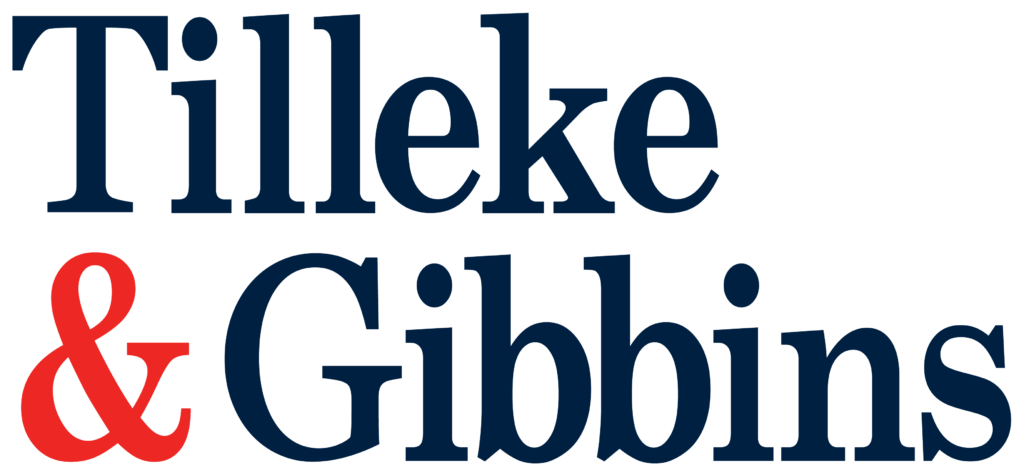On August 23, 2023, the Vietnamese government issued Decree No. 65/2023/ND-CP detailing and guiding the implementation of some articles of the 2022 Intellectual Property Law with respect to the establishment and protection of industrial property rights (“Decree 65”). Decree 65 took immediate effect upon issuance, replacing Decree No. 103/2006/ND-CP and a part of Decree No. 105/2006/ND-CP, and provides long-awaited, necessary guidance for implementation of the IP Law, which took effect on January 1, 2023. Some of the most critical provisions of Decree 65 include the following:
Establishment of Industrial Property Rights
Procedures for Establishment: The procedures for the establishment of industrial property rights are set out in Decree 65, rather than in a lower-level circular. These include the procedures related to PCT applications for inventions and Madrid applications for trademarks, and the (newly added) procedures related to Hague applications for industrial designs. Decree 65 also provides the details of the procedure for security control of inventions, including an annex listing the technical fields deemed to affect national security.
The decree confirms that registration certificates can be issued in electronic form and in paper form. However, hard copy registration will only be issued under explicit request in the application. It also provides various new forms, including application forms for patents, designs, integrated circuits, and geographical indications, among others.
Right Holder, Content, and Limitation of Rights: Further details are provided on the rights and responsibilities of organizations and individuals who use geographical indications. Decree 65 also details the procedure for compensation of patent owners due to the delay in granting marketing authorization of pharmaceutical products, stipulated in Article 131a of the IP Law.
Secret Inventions: Decree 65 provides details for identifying and processing patent applications for secret inventions as well as procedures for decodifying inventions filed as secret inventions.
Amendment: Decree 65 makes clear that for amendment of a trademark specimen, only minor disclaimed elements can be removed, and only if such removal does not alter the distinctiveness of the registered mark. The decree also simplifies the documents required for amendment of trademark registration.
Assignment: Decree 65 adds a new provision regarding the limitation to the transfer of trademark rights that may cause confusion as to the properties or origin of the goods bearing the trademark.
Opposition: While both oppositions and third-party opinions can be submitted against national applications, there is no opposition procedure under Decree 65 for Madrid applications designating Vietnam. Only the third party opinion scheme is available for the application’s examination, as a source of reference.
Enforcement of Industrial Property Rights
Determination of Acts, Nature, and Extent of Infringement: Decree 65 introduces amendments to the definition of acts conducted on the internet considered as infringement in Vietnam with greater specificity. The grounds to determine the factors that constitute the infringement of patent, integrated circuit, industrial design, trademark, geographical indication, tradename, or geographical indication have been extended to include the Extract of the National Registrar of Industrial Property. The factors that constitute the infringement of trademark, tradename, and geographical indication have been amended to provide more specific details.
Determination of Damage: Decree 65 provides detailed grounds for the determination of property damage, including: decline in income and profit; loss of business opportunity; and reasonable costs to prevent and remedy damage. The decree also introduces detailed grounds for the determination of moral damage, reflecting a greater emphasis of the Vietnamese government on the value of moral rights.
Process of Handling IP Infringement: The handling of infringing goods is now implemented either upon the decision of the relevant authorities or upon the request of the owner of the IP rights. This brings an additional avenue for action, rather than the implementation of such measures solely at the discretion of the authorities.
The criteria for applying the method of distributing or utilizing infringing goods for non-commercial purposes have been revised to include additional requirements for the goods in question. The measure of confiscation has been eliminated.
Procedure for Control of Imported and Exported Goods Related to Industrial Property: Decree 65 adds specific details regarding the authority, order, and procedures for proactively suspending customs procedures of goods that show clear signs of infringement.
Assessment of Infringement: Decree 65 sets up new regulations on the procedure of conducting IP assessment (expert opinion).
Before Decree 65 was issued, in order to solve some issues in implementing the amended IP Law, the IP Office had to provide guidance for its internal procedures as well as information for IP practitioners to handle appropriately. It is expected that Decree 65 will definitively address these issues.

For further information, please contact:
Dao Minh Tan Tran, Partner, Tilleke & Gibbins
dao.t@tilleke.com





